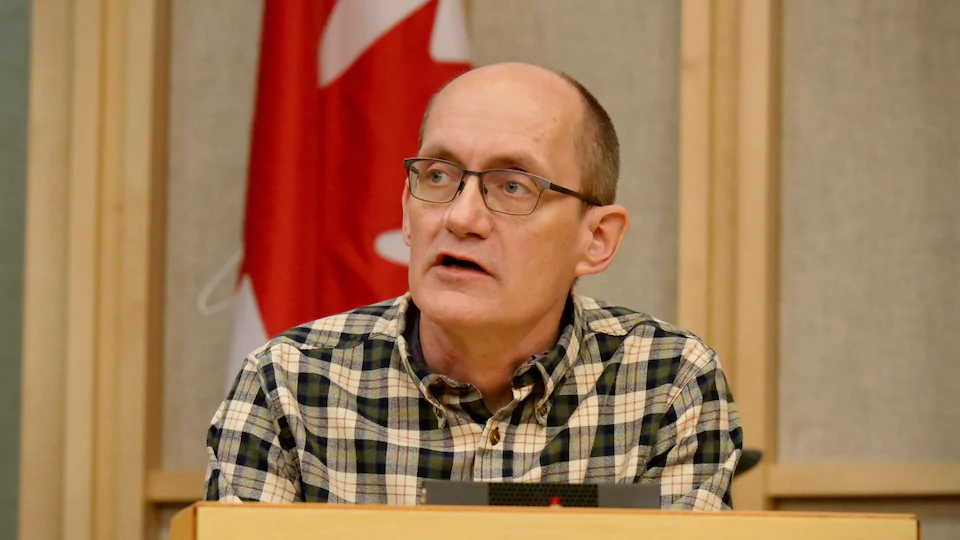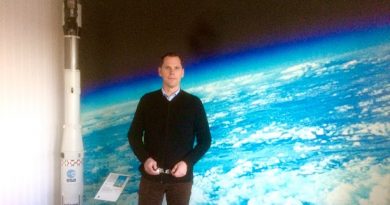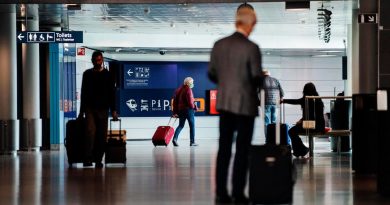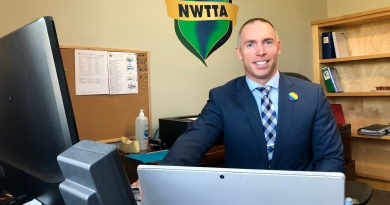Officials in Nunavut, Canada expect isolation hubs to end after teens have chance to be fully vaccinated

The second dose clinics for those 12-17 years old will happen in late July
While broader reopening plans are still in the works, Nunavut’s chief public health officer says that he expects southern isolation hubs to end by late July or early August.
Fully vaccinated people have been able to skip the two-week isolation in a southern hotel since mid-June, but the hotel isolation sites are still in place for those who have not yet been vaccinated or have small children who cannot be vaccinated.
Dr. Michael Patterson said that should change once teenagers have been able to get two doses of a vaccine. Those clinics will happen in the latter half of July.
By early next week, anyone who’s 12 or older will have had the chance to get their first dose of a vaccine as the Pfizer-BioNTech vaccine is now in all Nunavut communities.
Patterson said by late July, 75 per cent of Nunavut’s population will have been able to have both doses of a vaccine, so broader reopening plans could be considered. At that point, the territory might move to allowing those who need to isolate to do so at home, Patterson said.
There will be no televised updates through the summer. The government of Nunavut will continue to update Nunavummiut on Twitter, Facebook and radio.
Iqaluit set to reopen on Friday
After more than a week without cases, Iqaluit will ease public health restrictions starting Friday.
Keep it up, Nunavut! You know what to do – Mask up. Keep physical distance. Keep your bubbles small. Wash your hands often. Get vaccinated. 😷⬅️➡️🧼💉 pic.twitter.com/p07RM4MGzQ
— Premier Joe Savikataaq (@JSavikataaq) June 30, 2021
Bars and restaurants which have been sites of high exposure in the past will stay at low capacity — 25 per cent capacity or 25 people, whichever is less — for at least a week ,Patteson said.
While the case count is zero, the outbreak is not over, Patterson cautioned.
The mandatory mask mandate is still in place because there’s still the risk of introduction of COVID-19, especially as more people begin to travel.
Other countries with high vaccination rates like Israel, which lifted the requirement for masks, had to put it back in place because of the rise in cases, Patterson said.
There are currently no people in isolation in the city.
There has been a decline in people being tested in the territory. Patterson says he understands this is because people believe with the increased vaccination rate it’s less necessary, though he disagrees.
“Please don’t say to yourself it’s probably just a cold, there’s no need to get tested. We’d rather test dozens of people than miss one infection and let it spread,” Patterson said.
He’d still like to see groups at higher risk of exposure tested as part of surveillance testing. That includes groups like rotational workers that travel south frequently and those who work with the general public such as cashiers and receptionists.
Related stories from around the North:
Canada: Nunavik tourism reopening reason for optimism, vaccination uptake still a concern, Eye on the Arctic



